On Dec. 12, 2001, the Provincial Health Services Authority (PHSA) was established with the unique role of ensuring that B.C. residents have access to a provincial network of high-quality specialized health-care services. Twenty years later, our work has impacted the lives of millions of patients, families and employees.
Thank you to all PHSA employees, past and present, who have contributed to our journey. You are the heart of this organization. Your ongoing extraordinary efforts create the quality of care and experience for patients and families across PHSA. This milestone belongs to each of us, including our patients and families in communities across B.C.
Let’s reflect on our collective impact to B.C.’s health care system over the past 20 years —and get inspired for what’s to come in the next 20 years.
We’re taking a trip down memory lane to reflect on key moments over the past two decades that have added to our physical growth and shaped our culture and systems today. These milestones were submitted by employees from all across our different programs.
PHSA was established to plan, manage and evaluate selected specialty and province-wide health care services across B.C., working with the five geographic health authorities to meet local and regional needs.
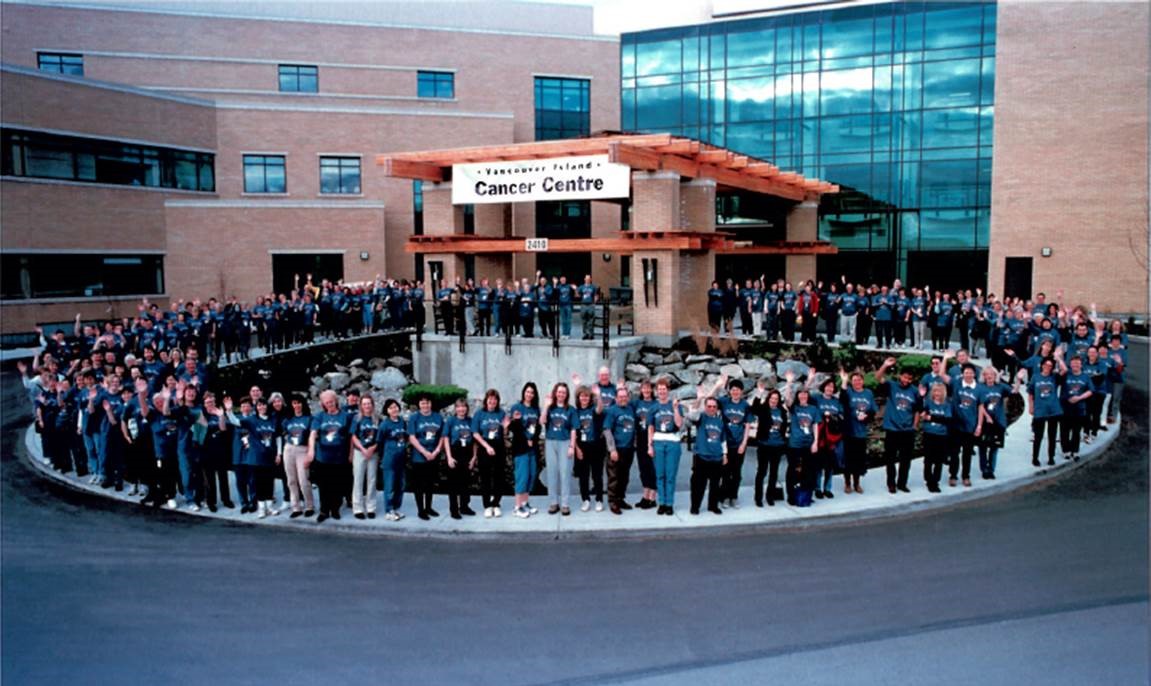
The new Vancouver Island BC Cancer Centre opens for patients.
The first board meeting was held on August 22, thus beginning a tradition of
open board meetings, which the public are able to attend.
The Chieng Family Medical Day Unit opens at BC Children’s Hospital, an example of excellence in family-centred care.
Cardiac Services BC was established following the transfer of the adult tertiary cardiac provincial mandate.
The Ambulatory Care building at BC Children’s opens. Its 55 clinics receive more than 95,000 patient visits a year.
BC Renal launches the first province-wide independent hemodialysis program in Canada, enabling people living with kidney disease to manage their life-saving dialysis care at home.
BC Women’s Hospital + Health Centre established the Women’s Health Research Institute to enhance and galvanize the impact of women's health research throughout B.C.
The Chee Mamuk program at BC Centre for Disease Control (BCCDC) launches
Around the Kitchen Table, a program that trains Indigenous women to be leaders and educators within their communities, reclaiming traditions and increasing awareness of HIV, STIs and hepatitis.
The new BC Cancer Research Centre building opens. Research has grown at BC Cancer to now include 93 faculty and more than 400 research staff and 340 research trainees.
Child Health BC was established in 2006 through a donation from the BC Children’s Hospital Foundation. This was the first provincial network that brought together health authorities, ministries, provincial organizations and academics to work together to serve children and their families.
Francophone Services were created. Their provincial mandate is to support Francophones in their health journey, offering navigation, developing, adapting and broadcasting resources to support the cultural safety of French-speaking patients by empowering them, as well as other linguistic minority communities in BC.
The new $19-million
Kelty Mental Health Resource Centre opens at BC Children’s to serve children and adolescents living with mental health challenges in British Columbia. Patients have easy access to services such as emergency care, long-term psychiatric care, outreach, and an eating disorders program.
The
Multi-Organ Transplant Program is established at BC Children's. It is the only program in Canada that provides integrated services to kidney, heart, lung, and liver transplant recipients under one program.
Supply Chain was established to effectively meet the needs of all B.C. health authorities. An integrated provincial model combined centralized and decentralized business functions to recognize local requirements.
Stroke Services BC formed to work towards fewer strokes, promote and support world-class stroke care, and ensure the best possible outcomes for stroke patients in B.C.
Perinatal Services BC was established from the BC Reproductive Care Program, which started in 1991.
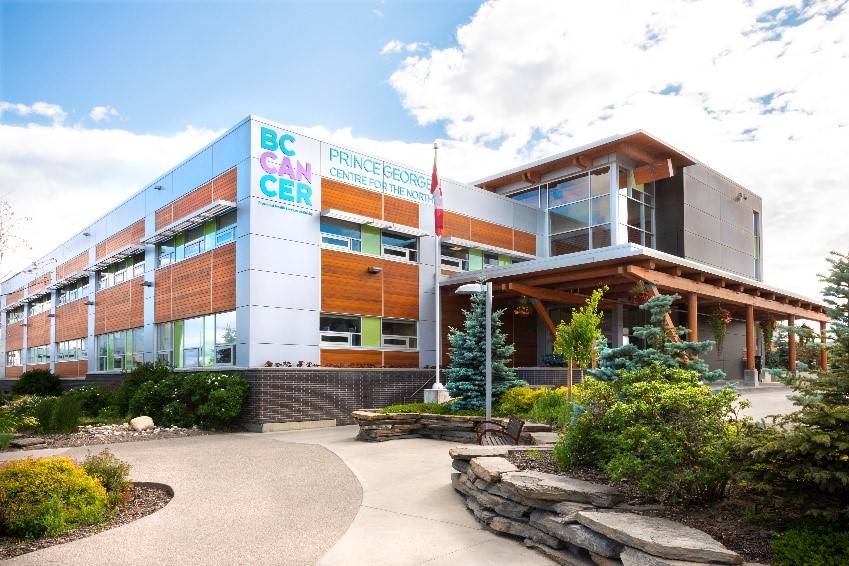 BC Cancer’s sixth treatment centre,
Centre for the North, opens in Prince George.
BC Cancer’s sixth treatment centre,
Centre for the North, opens in Prince George.
BCCDC started the Take Home Naloxone program, which trains people who use drugs, their friends and family members, and service providers to recognize and respond to an opioid overdose using the kit. More than 1,180,000 kits have been shipped since the program started and at least 113,040 have been used to reverse an overdose.
The provincial
Colon Screening Program launches.
The Riverview Hospital (BCMHSUS) marked its 100th anniversary in 2013. When it opened in 1913, it was called The Hospital for the Mind and took only male patients.
PHSA became responsible for the provincial coordination of transgender health services in B.C., which has grown into the
Trans Care BC program.
Seven new depots opened for the
Provincial Milk Bank, which distributes human milk to over 3,500 critically ill infants each year.
Online testing service for sexually transmitted infections expands in B.C. with
BCCDC's Get Checked Online program.
BC Mental Health and Substance Use Services (BCMHSUS) and Forensic Psychiatric Services received the "Accredited with Commendation" award from Accreditation Canada.
BCCDC launches
I Boost Immunity, an online learning platform about vaccination that uses quizzes, articles and stories to increase local literacy about immunization and pairs it with a global reward: vaccines for kids through UNICEF Canada. More than 760,000 vaccines have been donated through the program.
BC Transplant achieved one million British Columbians registered in its organ donor registry, a major milestone for saving lives through organ donation in B.C.
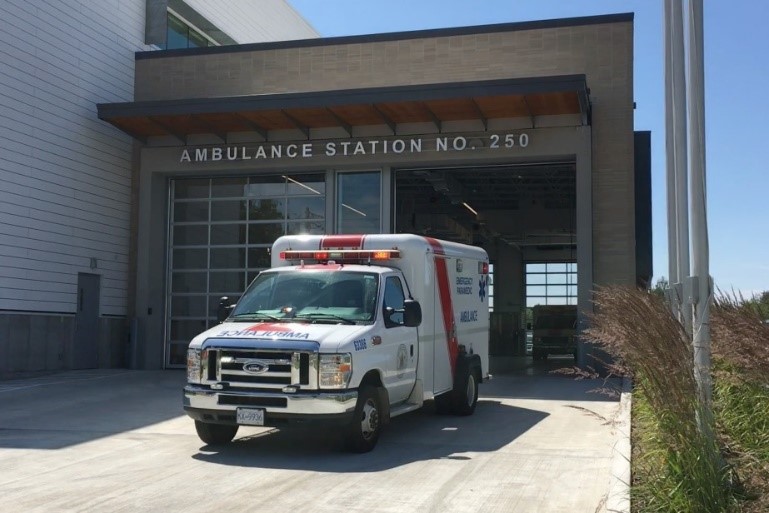 BC Emergency Health Services and the City of Richmond open the new Richmond North Ambulance Station and Richmond Cambie Fire Hall No. 3. The facility is the first combined fire hall and ambulance station in a major urban centre in B.C.
BC Emergency Health Services and the City of Richmond open the new Richmond North Ambulance Station and Richmond Cambie Fire Hall No. 3. The facility is the first combined fire hall and ambulance station in a major urban centre in B.C.
PHSA assumed responsibility for the delivery of
medical services at B.C.'s ten provincial correctional centres, with the aim to improve continuity of care for inmates as they move between correctional centres and the community.
The
Office of Virtual Health is created to lead and provide strategic direction and innovation for the virtual health initiative at PHSA.
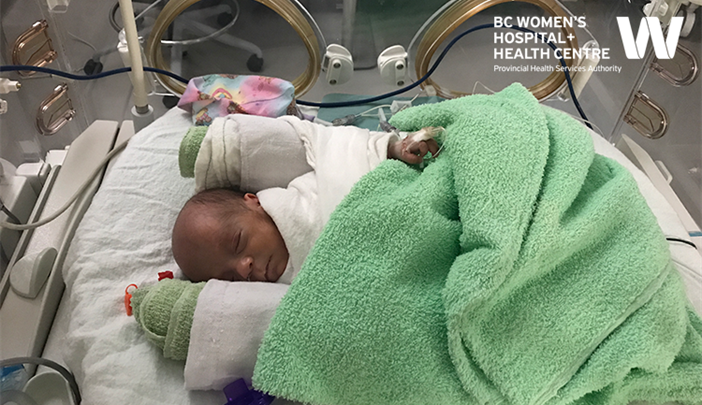 The new Teck Acute Care Centre opens its doors, which included BC Women's newly designed Neonatal Intensive Care Unit with 70 private rooms, a labour and delivery suite with four specialized operating rooms and 14 private rooms.
The new Teck Acute Care Centre opens its doors, which included BC Women's newly designed Neonatal Intensive Care Unit with 70 private rooms, a labour and delivery suite with four specialized operating rooms and 14 private rooms.
BCMHSUS became the first PHSA program to implement the
Cerner Clinical and System Transformation (CST) at the Burnaby Centre for Mental Health and Addiction, now the Red Fish Healing Centre.
BC Transplant marks its 5,000th transplant recipient, a testament to the experience, knowledge and expertise of all health professionals involved in organ donation and transplant, and the generosity of British Columbians who choose to donate.
Sunny Hill Health Centre at BC Children's Hospital opens to youth across B.C. who need specialized acute rehabilitation and developmental assessments.
10 new single room
Cedar Birthing Suites open at BC Women’s.
CST (Clinical and System Transformation) went live at the Heartwood Centre for Women, part of the BCMHSUS program.
Provincial Lab Medicine Services, the Public Health Lab, BC Children’s and BCCDC worked together to launch the
mouth rinse and gargle COVID-19 test for school-aged children, the first of its kind in Canada.
New PHSA
health improvement network for Post-COVID-19 recovery clinics and research launches, which aims to support the best possible outcomes for people who have experienced serious cases of COVID-19, through best practices, education and research.
One million virtual health visits marked the transformation of care delivery in B.C.
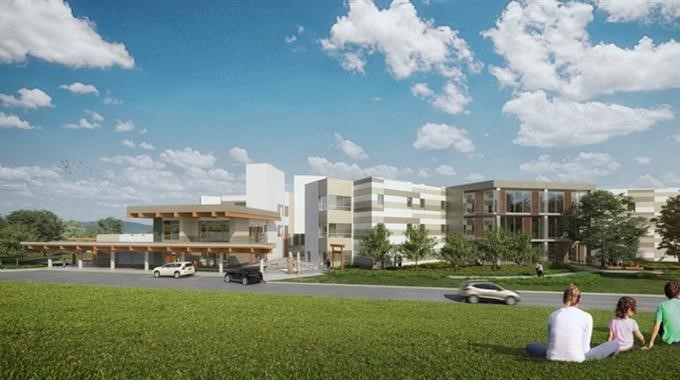 BCMHSUS opens the Red Fish Healing Centre for Mental Health and Addiction. The new 105-bed centre offers specialized residential treatment and replaces the Burnaby Centre for Mental Health and Addiction.
BCMHSUS opens the Red Fish Healing Centre for Mental Health and Addiction. The new 105-bed centre offers specialized residential treatment and replaces the Burnaby Centre for Mental Health and Addiction.
